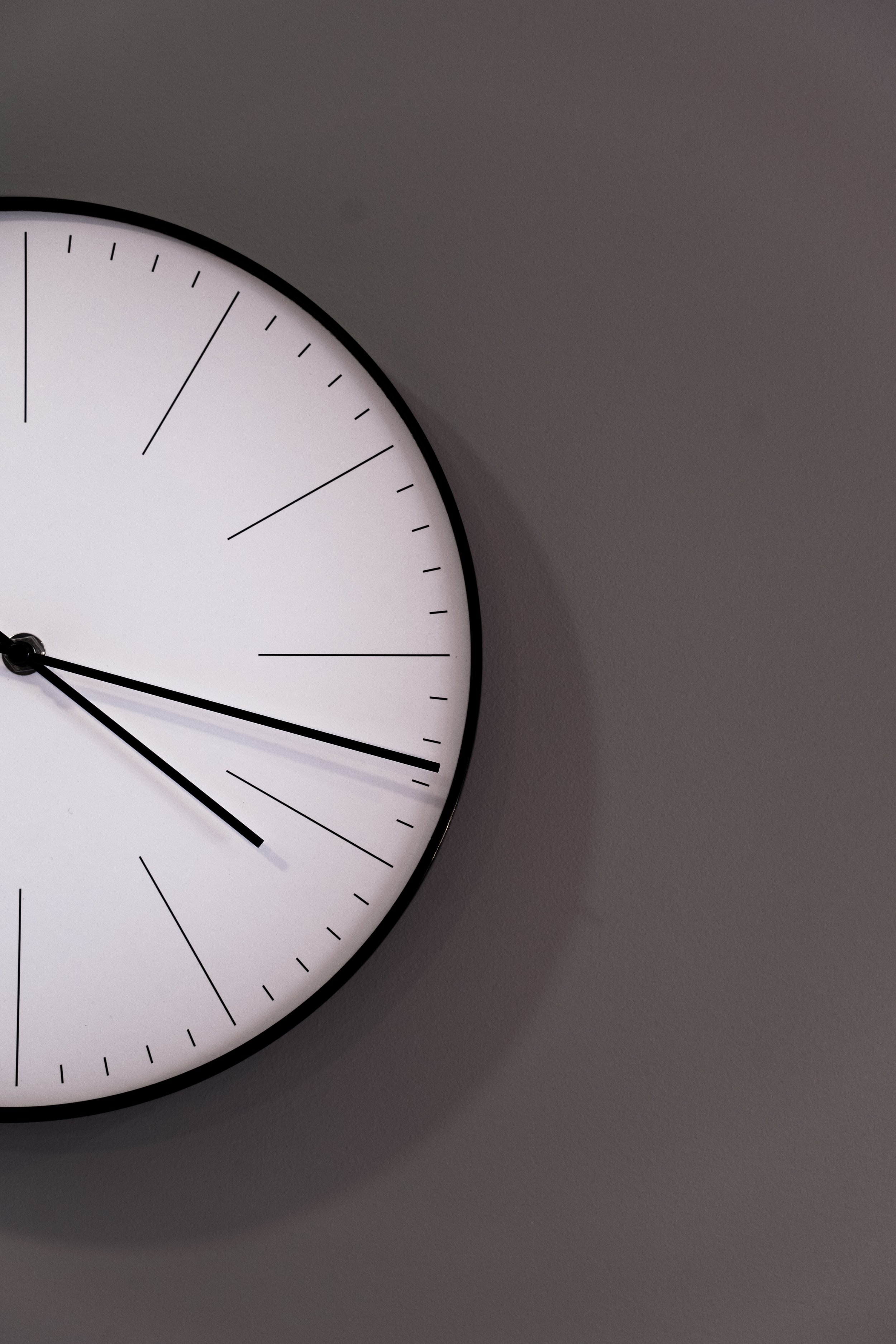Why and How to Stop Multitasking
In this lesson, learn why multitasking isn’t as efficient or productive as you may think. Then, learn some practical tips to avoid multitasking, and in turn, boost your performance and productivity.
Course Length: 7 minutes
In this lesson, learn why multitasking isn’t as efficient or productive as you may think. Then, learn some practical tips to avoid multitasking, and in turn, boost your performance and productivity.
Course Length: 7 minutes
In this lesson, learn why multitasking isn’t as efficient or productive as you may think. Then, learn some practical tips to avoid multitasking, and in turn, boost your performance and productivity.
Course Length: 7 minutes
This lesson provides insights into why multitasking might not be as efficient as you think. Additionally, it offers practical tips to help you avoid multitasking, leading to improved performance and productivity.
Although multitasking may seem like a good idea, studies consistently show that it's not an effective approach. When you try to do multiple tasks at once, your attention gets divided, which often results in lower quality work and more mistakes. This can also make tasks take longer to complete.
Instead, focusing on one task at a time is a better strategy. Prioritize tasks based on importance and deadlines. By giving your full attention to a single task, you're likely to achieve better results. Allocating specific time slots for each task can help you stay on track and prevent the urge to multitask.
Minimizing distractions is another key tactic. Shifting between tasks makes you vulnerable to interruptions like emails and notifications. Designating certain times to check emails and muting unnecessary notifications while working on a task can help you maintain your focus and get things done more efficiently.
Taking regular breaks can also significantly impact your productivity. Working for long stretches without breaks can lead to burnout and decreased cognitive function. Incorporating short breaks between tasks can refresh your mind, boost creativity, and prevent mental fatigue, all of which contribute to better overall performance.
To sum up, while multitasking might seem like a time-saver, it usually isn't. Instead, concentrating on one task, minimizing distractions, and incorporating well-timed breaks can help you be more productive and produce better results. This practical approach can lead to enhanced efficiency and a more successful work routine.






